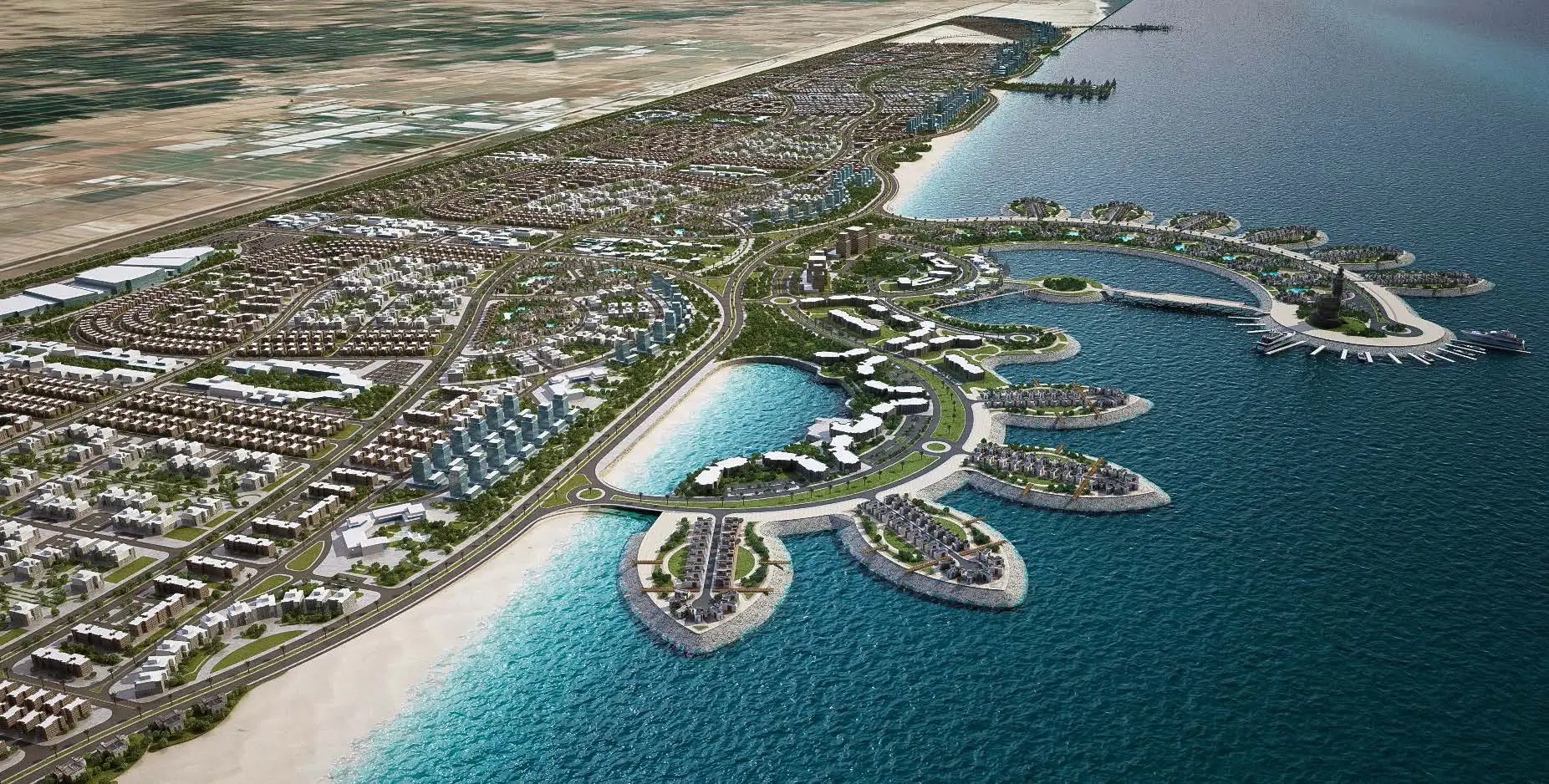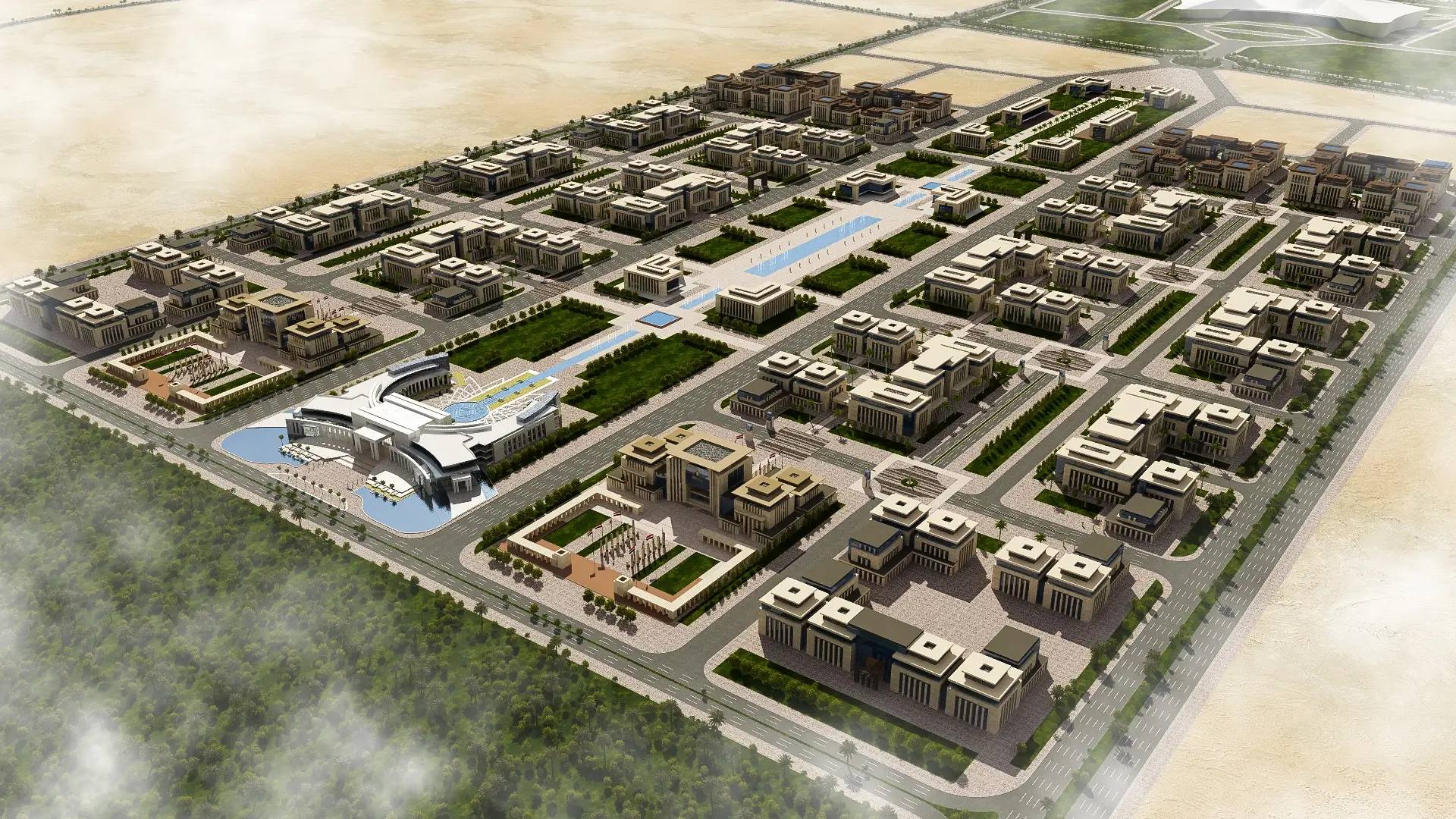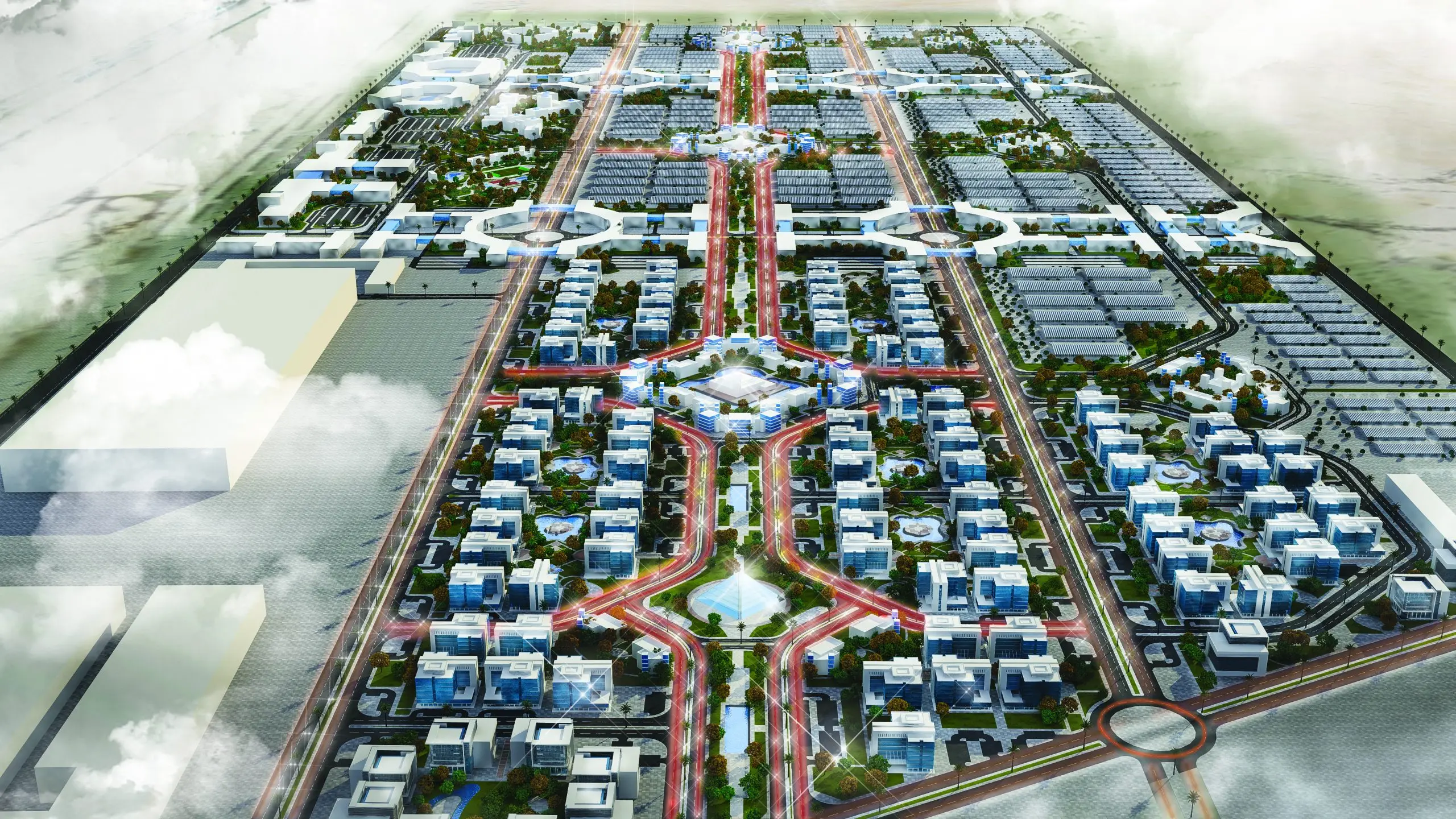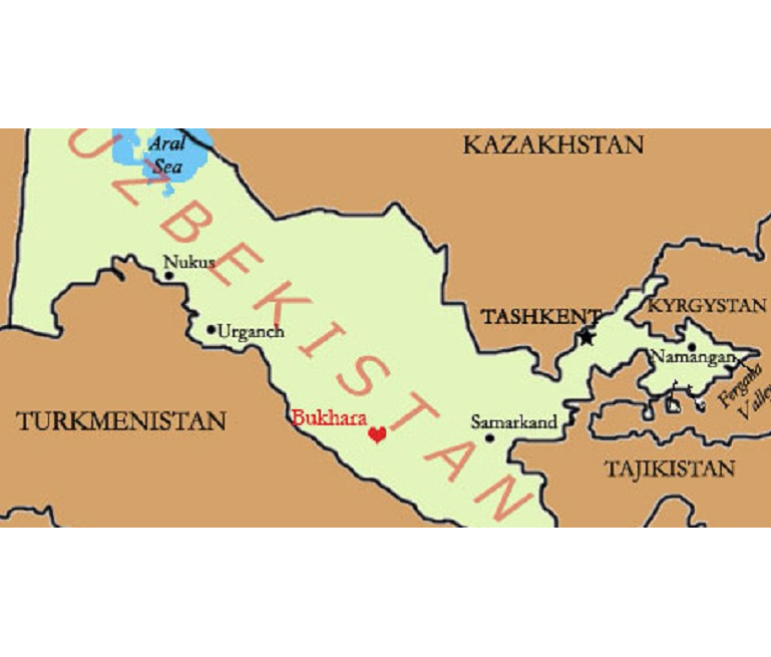Studies & Master planning
At ECG, we understand that master planning guides growth and development, and as such is paramount to the future success of all projects. This is why we really give it our all.
Our master planning approach covers urban planning, land-use planning, transportation facilities, open spaces, and public services, as well as environment and heritage conservation precincts; and if this is not enough, we conduct a broad range of other studies pertaining to air, soil, water, health, and safety.
These studies include Economic Impact Analyses, Energy Efficiency Potential Studies, Environmental Impact Assessments, Feasibility Studies, Geotechnical & Ground Engineering Studies, GIS Studies, Hazard & Operability Studies (HAZOP), Hydrologic & Hydraulic Studies, Land Valuations, Marketing Researches, Population Studies, Real Estate & Asset Appraisals, Social Impact Assessments, Solid Waste Management Studies, Traffic Impact Assessments, Urban Development Studies, and water, air, and soil characterizations.
This meticulous attention to detail and comprehensive approach has paid off. Today, we are the trusted name in the field of engineering consultancy both nationally and globally. In addition, we take great pride in that.
see projects related


Bukhara and Samarkand Sewerage Project
Scope of Work
- Data collection
- Supervising topographic surveys
- Geotechnical investigations, and CCTV inspection
- GIS mapping
- Hydraulic modeling by Sewer CAD V8
- Review of detailed designs prepared by local consultant
- Preparation of bidding documents
- Construction supervision
- Training and start-up assistance
Dating back to the 1960s, both Bukhara and Samarkand sewerage systems were old and suffering from frequent breakdowns. To tackle this issue, the Government of Uzbekistan together with the World Bank embarked on
implementing an important project to rehabilitate and improve the overall wastewater services in Bukhara and Samarkand, two important cities in Uzbekistan. The project development objectives were to mitigate the
environmental impact from wastewater pollution and to improve the efficiency and sustainability of wastewater management in Bukhara and Samarkand.
As a member of a consortium led by Corporate Solutions Ltd. of the United Kingdom, ECG provided engineering design and construction supervision services to rehabilitate and improve the wastewater systems in both
cities.
In Samarkand, the improvement measures focused on rehabilitating 277 km of sewer networks, a total of six (6) wastewater pumping stations, and two (2) wastewater treatment plants (Main WWTP of capacity 139,000 m3/day and Farhad WWTP which is completely out of operation); while in Bukhara, the rehabilitation measures tackled 220 km of sewer system, sixteen (16) wastewater pumping stations, and one (1) wastewater
treatment plant (100,000 m3 /day). The project also involved the extension of sewer networks to high priority areas in both cities.
The wastewater treatment plants in both Bukhara and Samarkand receive new blowers and modern efficient diff user systems for the aeration tanks; and new return sludge pumps were installed at Bukhara WWTP. New screens (at both cities’ WWTPs) and grit chambers (at Bukhara Main WWTP) were installed to better protect all subsequent treatment stages and prevent further damages of existing installations and the new aeration
system. Finally, the third WWTP in Samarkand will be completely rehabilitated.
